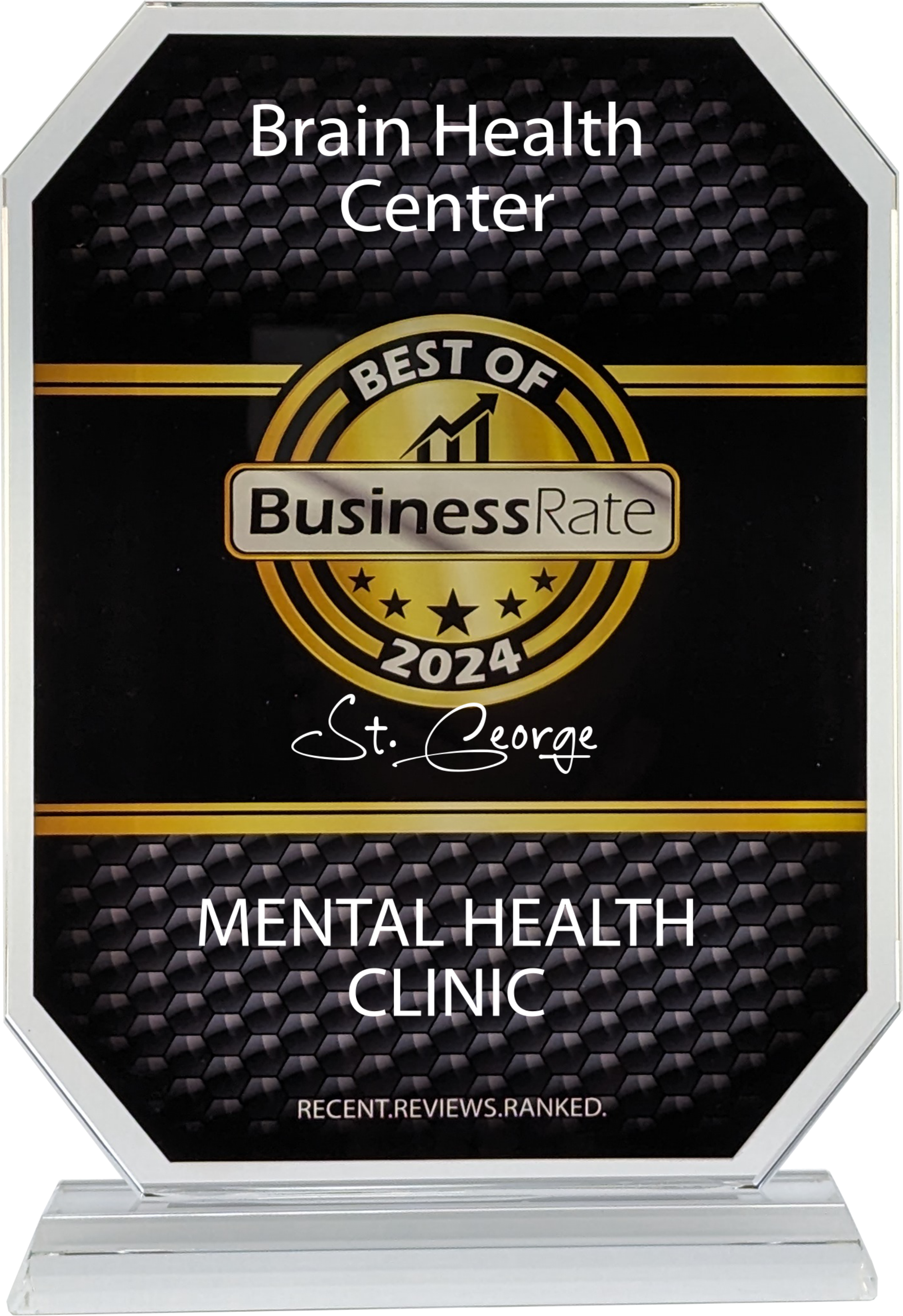Postpartum
What is postpartum depression?
Postpartum depression happens when a new mom gets hit with really intense feelings of sadness, anxiety, and exhaustion after having a baby. It’s way more than merely feeling down or overwhelmed, which many new parents go through. That initial overwhelm typically fades in a couple of weeks.
With postpartum depression, the feelings are heavier or more extreme, and they stick around much longer. We’re talking about stuff like feeling really sad or hopeless, losing interest in things you used to enjoy, or feeling disconnected from your baby. Anxiety, difficulty concentrating, and intense anger are also symptoms to watch out for. It can get to the point where it’s hard to do everyday things, like looking after yourself or the baby.
It’s a pretty tough experience because postpartum depression happens at a time when everyone expects you to be super happy. But it’s important to remember it’s not anyone’s fault — a lot is going on with hormones, sleep deprivation, and all the changes that come with having a new baby. The good news is that it’s treatable. Parents can get through this with the right support, therapy, medication (in some cases), and a good dose of self-care.
How TMS therapy helps with postpartum depression
Okay, so let’s talk about how TMS helps with postpartum depression. TMS is a targeted approach to jumpstart certain areas of the brain that aren’t firing correctly, which is common in postpartum depression.
In PPD, parts of the brain linked to mood and emotional regulation might be underactive. TMS uses non-invasive magnetic pulses to stimulate those specific brain areas. Think of it like a reset button, helping the brain regain normal activity.
The great thing about TMS is that it’s gentle. You sit in a comfy chair, and a device delivering those magnetic pulses is placed near your head. It sounds like sci-fi, but it’s backed by solid science. The sessions are short, and you don’t need any anesthesia. Simply relax, listen to music, or read while it’s happening.
For new moms dealing with PPD, this is a game-changer, especially if they’re worried about taking medications, which is a common concern with breastfeeding. TMS doesn’t have the systemic side effects that antidepressants have.
The improvement with TMS is usually gradual. Over time, many people start feeling their mood lift, they get better sleep, and that overwhelming cloud of sadness starts to lift. It’s not a magic bullet, but it can be a vital part of the recovery puzzle, especially when combined with therapy and support from loved ones.
TMS therapy with Brain Health Center
TMS therapy at Brain Health Center offers a promising, non-invasive option that could be the key to reclaiming your well-being. Our compassionate team is dedicated to providing personalized care and understanding the unique struggles of PPD.
Don’t let postpartum depression dim the joyous moments of parenthood. Reach out to Brain Health Center today to explore how TMS therapy can be part of your journey to recovery. Together, we can work towards brighter days for you and your family.

It's Time To Heal
For many of our friends seeking wellness, TMS is an incredible solution. Get started now with our team.

